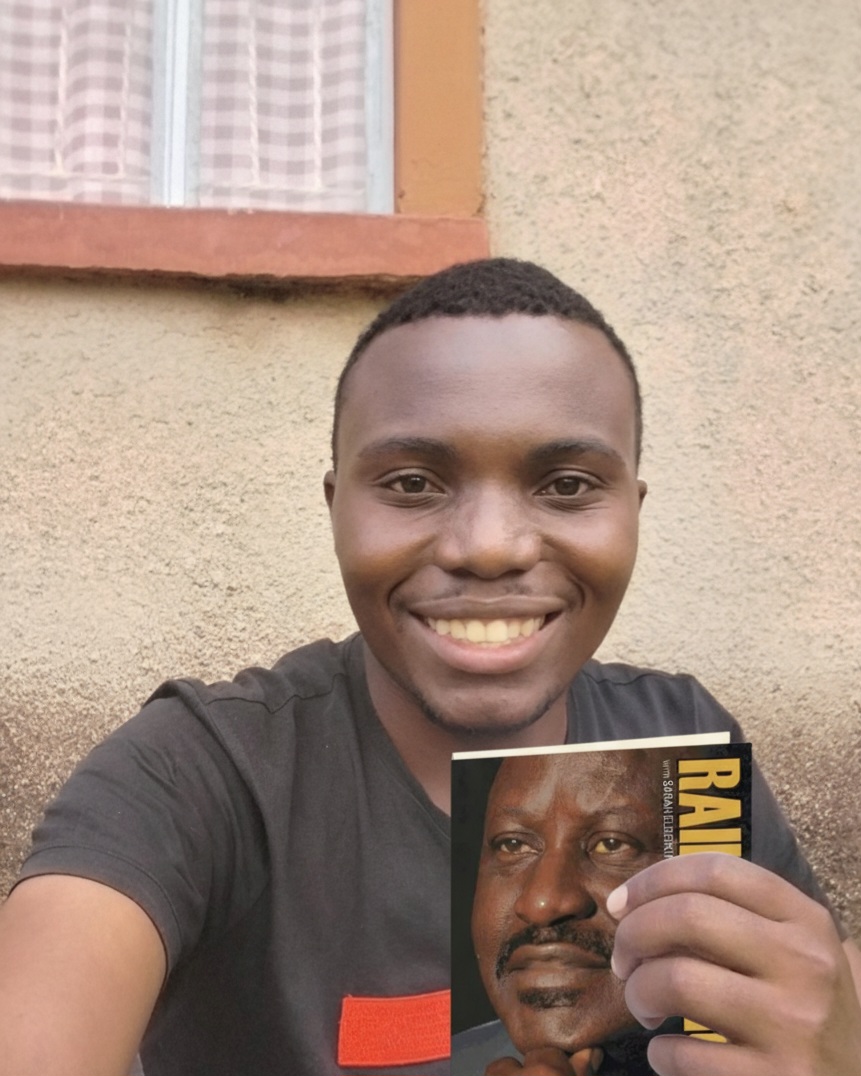When I first read Raila Odinga’s The Flame of Freedom in 2017, it was at a time of personal and political despair. The presidential election had just concluded, and Odinga had lost to Uhuru Kenyatta. For those of us who had invested our hopes in his vision of a fair and democratic Kenya, the defeat felt deeply personal. It was not merely the loss of a political contest but the loss of a dream that had seemed within reach. I was in my early twenties then, freshly graduated, restless, and idealistic. The disappointment cut deep. Reading Odinga’s memoir during that fragile period offered a strange form of healing. It was as if the words of a man who had suffered and endured far more than I ever could were reaching out to console and strengthen me.
Yet The Flame of Freedom is much more than the story of one man’s struggle. It is the story of a nation searching for its moral compass. Odinga’s life, told in his own words, traces the arc of Kenya’s political history—from the optimism of independence to the long and painful battles for democracy and justice. His years of detention, exile, and resistance are not just political episodes but moral lessons in resilience. In his account, the private and the public, the personal and the national, intertwine into a single narrative of endurance.
What gives the book its lasting power is its tone of integrity. Odinga does not present himself as a flawless hero. He writes with humility and clarity about his failures, doubts, and moments of despair. There is no self-glorification in his story, only the quiet dignity of a man who has given everything to a cause greater than himself. Through his narrative, Odinga turns suffering into insight. He shows that the struggle for justice is not a sprint but a lifetime of steady, often painful persistence.
Now, in the silence of his passing, The Flame of Freedom reads differently. The man whose voice once echoed through public rallies and television screens now speaks to us through the enduring medium of the written word. His absence deepens the resonance of his message. The stillness that follows his departure allows his ideas to breathe, to linger, and to grow in new ways. In a country and a continent that often forget their heroes too quickly, Odinga’s book becomes a living monument. It preserves not only the memory of a leader but also the moral energy that sustained his journey.
There is a universal truth in this work. Human beings often recognize greatness only when it has passed. It is in death that we begin to measure the full extent of a life. As Kenyans and Africans reflect on Raila Odinga’s legacy, The Flame of Freedom stands as a vessel of remembrance. Through its pages, readers can trace the contours of his vision: a Kenya built on justice, equality, and courage.
Odinga’s memoir belongs to the great tradition of African freedom writing, a lineage that includes Nelson Mandela’s Long Walk to Freedom and Ngugi wa Thiong’o’s Detained. Like these works, The Flame of Freedom transforms political struggle into literary art. It reminds us that resistance can be both an act of survival and an act of creation. Odinga’s story is not just history; it is literature of the highest kind, where truth and beauty meet in the service of freedom.
To read The Flame of Freedom today is to encounter a voice that refuses silence. It is a call to conscience and to courage. Odinga’s words remind us that freedom is never granted but earned, often at great personal cost. His story is both a warning and a promise: that justice demands endurance, and that the flame of freedom must be tended by each generation anew.
Years after my first reading, I return to this book with a deeper sense of its meaning. It no longer speaks to my youthful despair but to my adult understanding of struggle and renewal. Raila Odinga’s life, captured in his own words, continues to illuminate Kenya’s path. His flame still burns, steady and bright, guiding those who dare to believe that freedom, though fragile, will always prevail.


Facebook Comments